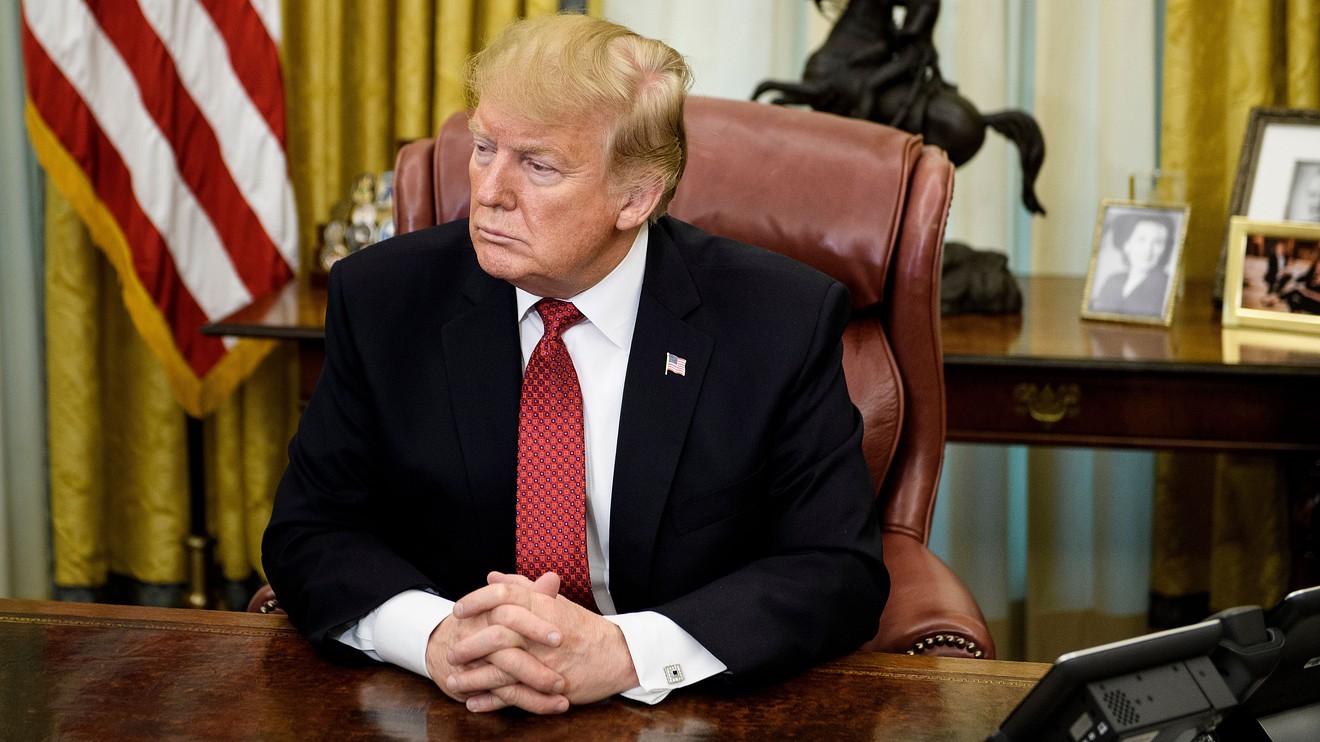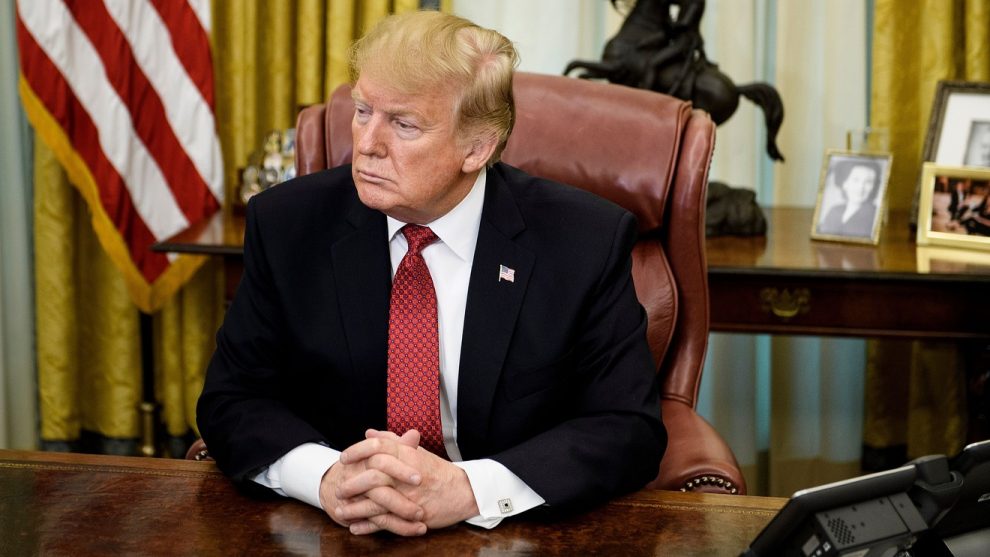
Gains from President Trump’s sweeping 2017 tax code overhaul could be blotted out by rising tariffs.
The Tax Cuts and Jobs Act of 2017 created an estimated 340,000 full-time equivalent jobs, but when you add up all of America’s enacted and threatened tariffs, plus China’s retaliatory tariffs, that could end up slashing more than 580,000 full-time equivalent jobs from the economy, according to one analysis released this month.
“This would completely wipe out any jobs from the Tax Cuts and Jobs Act,” Nicole Kaeding, vice president of federal projects at the Tax Foundation, a conservative-learning, pro-growth think tank, told MarketWatch. Her organization calculates all tariffs could combine to carve $188 billion off the country’s gross domestic product in the long term.
Higher business costs on everything from cosmetics to toys to washing machines will make all those products that much more expensive for consumers, many observers worry. Speaking about American and Chinese economies both taking on costs, White House economic adviser Larry Kudlow told Fox News on Sunday, “‘In fact, both sides will pay. Both sides will pay in these things.”
Here’s what they stand to lose, according to some recent estimates. Across the country, the average American took home on average $1,400 more in his/her paycheck in 2018. Married couples with two children took home approximately $3,000 more, according to the Heritage Foundation, a conservative think tank based in Washington, D.C.
The latest tariffs will add another $500 a year in costs for the average U.S. household, Katheryn Russ, an economics professor at the University of California at Davis, told NPR. Another estimate by Trade Partnership Worldwide, an international trade and economic consulting firm, says the tariffs announced last year will cost consumers an average of $767 per year.
The Tax Policy Center, a non-partisan think tank based in Washington, D.C., estimates that the richest Americans have gained the most from the Tax Cuts and Jobs Act. The top 95% to 99% of earners experienced a tax cut of more than 4%, while the middle quintile saved less than 2% and the lowest quintile saved less than 0.5%.
Kaeding said higher consumer prices, as a result of the current trade war, will mostly hurt middle and low income consumers because it’s tougher for them to absorb day-to-day costs the way more well off taxpayers can. “The tariff actions pursued by the Trump administration move in the opposite direction. They slow economic growth and they raise taxes on Americans,’ Kaeding said.
Don’t miss: Trump’s tariff war with China will hit TVs, dishwashers, toys, lithium batteries, iPhones — even Silly Putty
The country’s just coming off the first tax season under the new law; as of earlier this month, average refunds were 1.6% lower than 2018 refunds, according to Internal Revenue Service figures. Companies like H&R Block HRB, -0.07% have said the people are being taxed less, but out-of-date withholdings are making for middling refunds.
Some would argue they didn’t even win with the new tax rules, let alone tariffs. This tax season, the country was dotted with stories of taxpayers who swung from 2018 refunds to 2019 tax bills. Either way, Kaeding is hardly alone saying average consumers will get caught in the crossfire as American tariffs climb to 25% on $200 billion in Chinese goods, and Beijing counters with its own rising retaliatory tariffs.
Days earlier, President Trump tweeted TWTR, -4.84% that tariffs are a win-win, showing the Chinese government he was serious, while also raking in tariff revenue. “Would be wise for them to act now, but love collecting BIG TARIFFS!,” Trump tweeted. He’s previously said the U.S. takes in about $120 billion in tariffs, mostly from China.
Sure, American-imposed tariffs brought in revenue, Kaeding acknowledged, but not China’s tariffs. “We have the economic harm without any of the revenue generation,” she said.
Get a daily roundup of the top reads in personal finance delivered to your inbox. Subscribe to MarketWatch’s free Personal Finance Daily newsletter. Sign up here.




